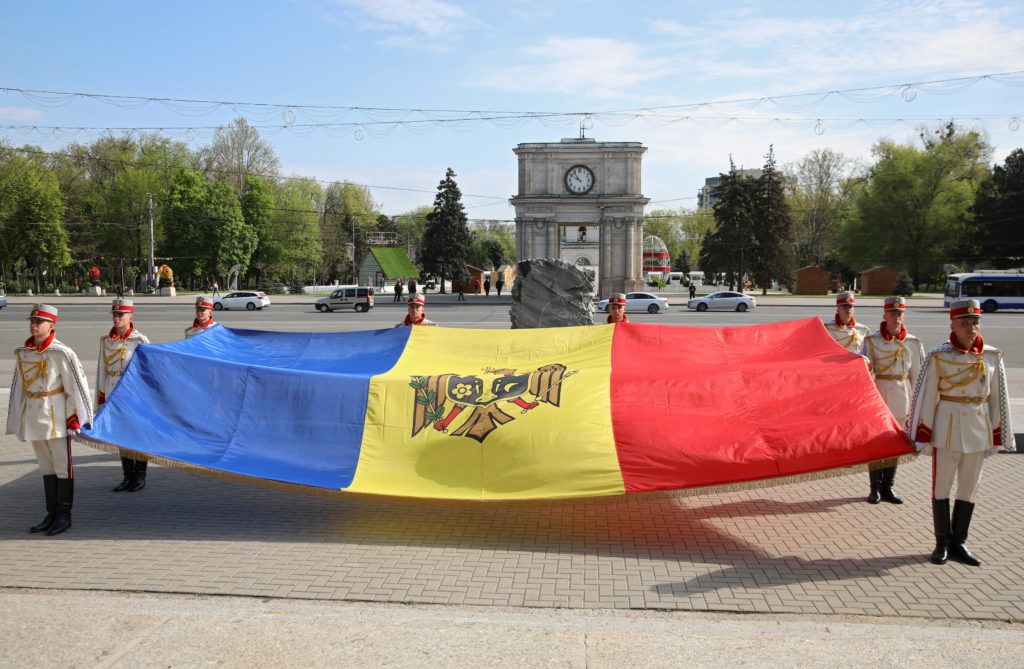Introduction:
In recent months, Moldova, a small country situated on Ukraine’s southwestern border, has found itself at the center of escalating tensions between Russia and the West. With its own political instability, accusations of Russian interference, and growing pressure to participate in the Ukraine conflict, Moldova is now facing a delicate balancing act. This article delves into the complexities surrounding Moldova’s geopolitical position, examining the alleged involvement of Western powers, Russia’s military presence in Transnistria, and the potential consequences for the nation and the region as a whole.
Tensions Flare in Moldova:
Moldova has long been an area of interest for both Russia and the West. The breakaway region of Transnistria, which declared independence from Moldova in 1990, remains a contentious issue. Russia maintains a military presence in Transnistria and wields significant political influence in the region, causing concerns among Moldovan leaders and their Western allies. Earlier this year, Moldova faced accusations of a potential coup orchestrated by Russia, aimed at drawing the country into the Kremlin’s war.
Western Pressure and Allegations:
The head of Russia’s Federal Security Service (FSB), Alexander Bortnikov, recently claimed that the West is actively pushing Moldova to participate in the Ukraine conflict. Bortnikov alleged that Western powers are inciting Moldova to forcefully resolve the situation in Transnistria, a move that could have far-reaching consequences. Secret documents uncovered in March revealed the FSB’s alleged plan to destabilize Moldova and hinder its potential NATO membership by supporting pro-Russian groups and manipulating the supply of natural gas.
Moldova’s Struggle for Stability:
Moldova’s President, Maia Sandu, has openly accused Russia of employing “saboteurs” disguised as civilians to provoke unrest amid the country’s political instability. These claims echo similar warnings from Ukrainian President Volodymyr Zelensky. On the other hand, Russian President Vladimir Putin has baselessly accused Kyiv of planning an assault on the pro-Russian territory in Moldova, creating concerns that a Crimea-style annexation may be in the works. These accusations and counter-accusations have only intensified the fragile situation in Moldova.
International Response and Moldova’s Dilemma:
Moldova, despite its own challenges, has shown solidarity with Ukraine throughout the ongoing conflict, providing refuge to a significant number of Ukrainian refugees. Moreover, the country was granted European Union candidate status last year, signaling its desire for closer ties with the West. The recent summit hosted by Moldova, which brought together EU member states and other European countries, demonstrates the nation’s determination to seek support from its allies.

The Future of Moldova and Regional Stability:
The evolving situation in Moldova has wider implications for regional stability. As tensions between Russia and the West continue to mount, the risk of further escalation looms large. Moldova finds itself caught between conflicting geopolitical interests, torn between its historical ties to Russia and its aspirations for European integration. The international community must carefully navigate this complex landscape, balancing the need to address Moldova’s concerns while avoiding further destabilization.
Conclusion:
Moldova’s position in the Ukraine conflict and its struggle to maintain stability amid competing geopolitical pressures is a significant development in the broader regional dynamics. As the West allegedly pushes Moldova to participate in the conflict and Russia maintains a military presence in Transnistria, the situation remains fragile. Moldova’s leaders face a critical challenge in navigating this geopolitical minefield while safeguarding the nation’s interests and aspirations for European integration. The international community must remain vigilant and engage constructively to find a peaceful resolution that respects the sovereignty and aspirations of the Moldovan people.
©world-news.biz
